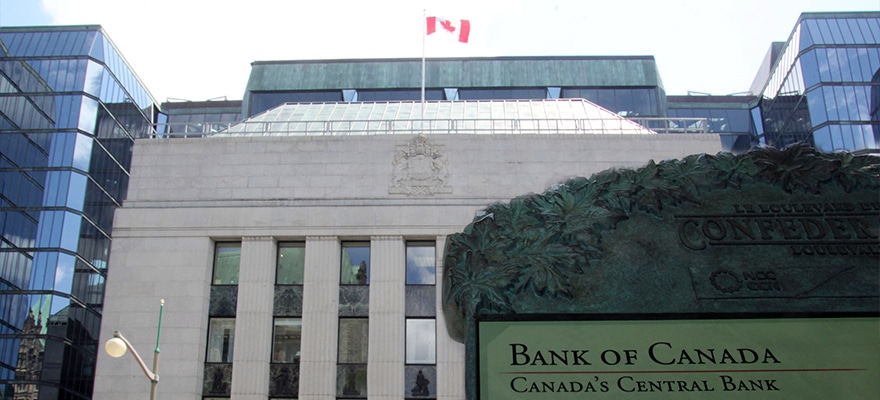The C.D. Howe Institute, a think tank, commented on Wednesday that the Bank of Canada (BoC) should consider issuing a digital currency. According to Global News, the think tank believes that stablecoins pegged to the Canadian dollar could become attractive for the consumers if they can be converted into cash. That said, the Institute pointed out that stablecoin platforms can be given access to the central bank’s Liquidity facilities and deposit insurance to mitigate the risks involved. Still, the think tank was not clear if the virtual currency they mentioned is specifically a central bank digital currency (CBDC). Moreover, the C.D. Howe Institute believes that such a digital currency issuance could encourage the private sector to get interested in the crypto field and eventually adopt these kinds of stablecoins. On another Canadian crypto-related front, the Canadian Securities Administrators (CSA) released in September a set of guidelines on Thursday, targeting all advertising and marketing campaigns pursued by crypto trading platforms. According to the press release, the regulator had observed a series of advertising banners and statements that could mislead investors.
Crypto Advertising in Canada
The Canadian watchdog noticed a pick-up in such campaigns targeting domestic investors. Additionally, it unveils a pattern of displaying casino-style ads that do not meet the requirements of the CSA because they encourage ‘excessive and risky trading by retail investors.’ Moreover, the CSA said that it would pay closer attention to social media advertising related to Cryptocurrencies to make sure it is compliant with the new guidelines. In March, both the CSA and IIROC issued new guidance determining securities law requirements that apply to crypto-asset trading platforms. The proposed regulatory framework includes mandatory licensing for certain cryptocurrency trading platforms, particularly those that maintain customer funds control. However, non-custodial exchanges appear more likely to benefit from a registration exemption, provided that they do not offer margin or leveraged trading.


















